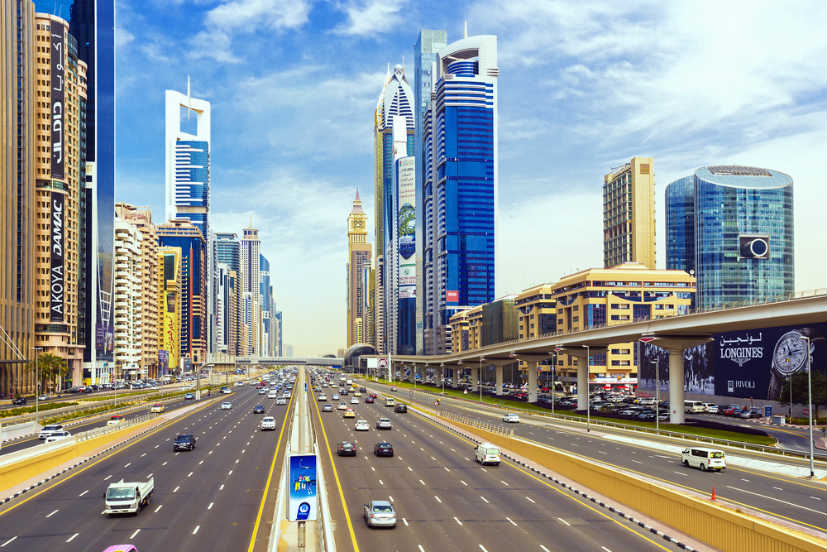Dubai is aiming to be one of the world’s first data powered economies, and in order to achieve its goals, Dubai is adapting a four-step approach to build an all-encompassing data economy, according to Dr. Younus Al Nasser, Assistant Director-General, Smart Dubai Office.
During the third annual conference of CIO Majlis at Caesars Forum, Dubai, Dr. Younus Al Nasser presented Dubai’s detailed plan with regard to its data strategy, governance, artificial intelligence and its implementation, city data architecture infrastructure and how to monetise the data.
At the conference, Dr. Younus Al Nasser said, “To make Dubai one of the world’s first data powered economies, Smart Dubai Data has taken a four-step approach to build an all-encompassing data environment.”
He also said that Dubai’s first priority is value creation by using the city’s data to develop use cases by applying data science and machine learning techniques to provide actionable information and predictive insights to the city’s leaders and businesses.
He noted that Dubai’s data economy will be supported by a fair and trusted data governance model, robust data infrastructure, and a holistic data ecosystem that ensures engagement of the private sector as well.
Many experts believe Dubai is already bridging the gap between the virtual world and the real world with the help of technological advancement.
Recently, Dubai also launched its first virtual company licence. By acquiring this virtual licence, investors in more than 100 countries can carry out their business operations in Dubai digitally without setting up a physical base in the Emirates. Investors can acquire the virtual licence from any corner in this world. They can also open bank account digitally and apply for e-residence.
According to reports, Dubai’s virtual commercial city is expected to attract at least 100,000 companies from around the world.

